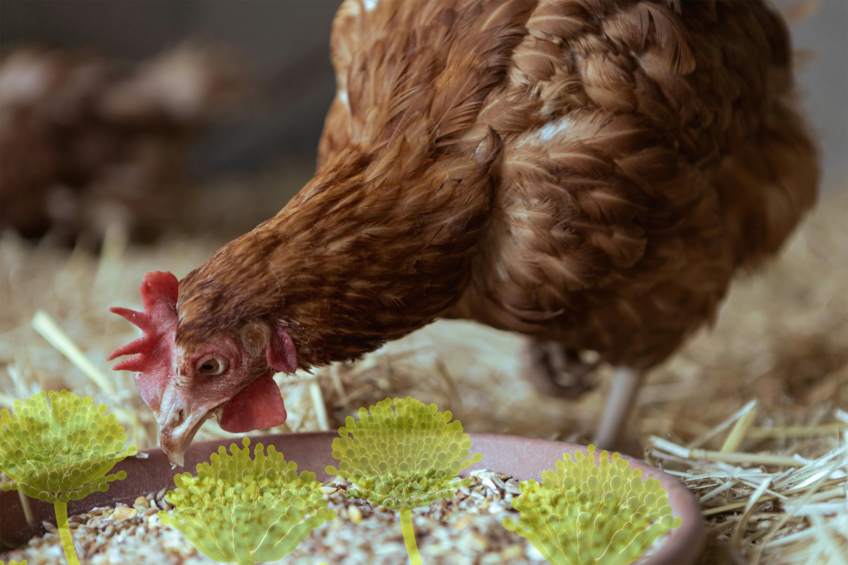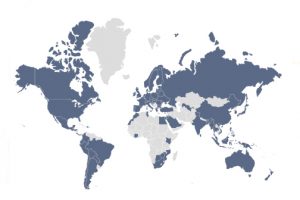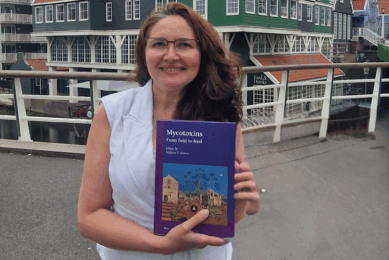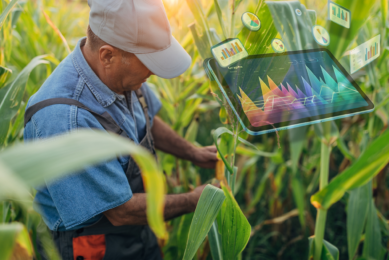Mycotoxins in poultry feed threaten safety and farm profitability

Crops contaminated by mycotoxins could be costing poultry organisations more than £150,000 in losses annually.
Study reveals widespread feed contamination
Ground-breaking research from Queen’s University Belfast shows how harmful chemicals can have a detrimental impact on the environmental and economic sustainability of the global poultry industry due to feed contamination.
Feed toxins hurt efficiency and profit
The researchers found that the presence of mycotoxins in animal feed presents a significant challenge for livestock farmers across the globe. They can substantially reduce profitability and cause food waste, as well as a decrease in food production, resulting in a reduction in poultry feed efficiency by up to 10%.
Bird health and losses linked
In turn, this can lead to losses of more than £150,000 per year for a medium scale poultry operation as well as the impact mycotoxins have on bird health, including mortality.
Quantifying economic, environmental damage
Professor Chris Elliott, from the School of Biological Sciences and Institute for Global Food Security at Queen’s University, Belfast, said that while the effects of mycotoxins had been extensively studied, comprehensive research quantifying their combined economic and environmental impacts remains limited.

Contaminated feed disrupts sustainability goals
“This study is extremely significant as it addresses an important research gap by evaluating the potential economic and environmental consequences of the rearing of chickens specifically for meat consumption using mycotoxin-contaminated feeds, a widespread issue globally.
“The findings show that addressing mycotoxin contamination in feed crops such as wheat, maize and soybean is important for achieving sustainable, low-carbon and profitable poultry production.”
Low-level toxins increase emissions
The study, which saw collaboration from dsm-firmenich Animal Nutrition and Health and BOKU University, Vienna, and the Austrian Food Competence Centre, showed that even very low levels of mycotoxins can increase the carbon footprint of poultry production by more than 8%.
Industry must rethink toxin risks
Co-author, Professor Rudi Krska, from the School of Biological Sciences and Institute for Global Food Security at Queen’s and BOKU University, added that the study would have a great impact and would likely lead to changes in how the agri-food industry will view low-level mycotoxin contamination.
Global protein supply at stake
“These data are of substantial importance to the poultry industry, and we envisage that it will drive economic and environmental sustainability of the world’s most widely consumed animal protein. We believe that farmers, consumers and the planet will all benefit.”
Climate change raises contamination risk
Dr Gerd Schatzmayr, Head of Global R&D Centres at dsm-firmenich Animal Nutrition and Health and fellow co-author, said the economic stakes were substantial.
“In an era where climate volatility and global trade disruptions increasingly challenge poultry production, the economic stakes are higher than ever.
Risk management boosts farm profits
“This underscores the critical need for safe, science-backed mycotoxin mitigation strategies. Effective and consistent mycotoxin risk management not only supports animal health and welfare but also strengthens farm profitability, sustainability and food security.”











